Podcast: Play in new window | Download
Subscribe: RSS
Kelli Cruz is a consultant, writer, speaker, and founder of Cruz Consulting Group, committed to building “talent wealth” and helping advisory firms realize their true potential. Prior to this, she founded InvestmentNews Adviser Solutions and oversaw advisor consulting engagements and the InvestmentNews/Moss Adams research studies. Kelli was a director in Advisor Services at Charles Schwab where she pioneered the industry’s first human capital practice management program for RIA advisory firms.
Takeaway Quote:
“Building a business development culture is every employee’s responsibility.”
Show Timeline:
1:38 How team engagement leads to client engagement
Happy, productive, and engaged employees, and the effect on client relationships
4:20 A scientific approach to creating an engaged team
Ideas for communicating with employees in ways that create a stronger unit
8:09 The connection to business growth
Building incentives to help team members contribute to that growth
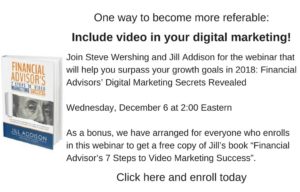
10:32 The relationship between engagement and culture
Kelli’s framework for thinking about culture within the overall firm strategy and goals
13:07 The characteristics of strong and weak cultures
The importance of flexibility, collaboration, and responsibility, vs. the top-down approach
15:46 The generational differences that can result in a culture clash
The questions Kelli asks of her clients to resolve this
19:20 How a cultural divide can be detrimental to a firm
And how technology can highlight these differences and the need to address them
21:44 The deeper causes of the disconnect
The power of ‘getting it out on the table’ to prevent disengagement
24:34 Why those in leadership roles have unique responsibility to be honest with their teams
Aligning each other’s strengths and weaknesses in ways that are complimentary
30:52 Kelli’s recommendation for beginning the process of driving deeper team engagement
The insights derived from the most-repeated concerns of team members
33:51 The role of culture in the referability of a firm
Cultivating a client-centric mindset in your employees
37:58 Giving employees a chance to walk in your clients’ footsteps
How an exercise like this can make them better at referring and bringing in new business
41:43 What firms are doing very well to achieve team engagement
The role of effective training and incentives
Links:
Website: www.cruzconsultinggroup.com
Twitter: https://twitter.com/KelliCruzSF
LinkedIn: https://www.linkedin.com/in/kellicruz1/
Email: kelli@cruzconsultinggroup.com
Phone: 415-381-2087 (call), 415-235-3292 (text)
Want more?
Stephen Wershing: www.TheClientDrivenPractice.com/checklistblog
Julie Littlechild: www.absoluteengagement.com/blog
Episode Transcript:
Julie Littlechild:
Welcome to another episode of Becoming Referable, the podcast that helps you become the kind of advisor people can’t stop talking about. I’m Julie Littlechild, and on this week’s show, Steve and I are talking with Kelli Cruz. Kelli is the Founder of Cruz Consulting Group and an expert in all things related to the talent in your firm. She has a unique ability to connect the dots between your vision, your talent and, this one’s important, how your firm actually works. Now, the work that she does today is a reflection of all of the roles that she’s played. But in particular of her previous two roles, first, directing the consulting services and research programs at Investment News, and in particular, as the driver of the industry’s first human capital practice consulting program for RIA advisory firms at Schwab. She’s a consultant, a writer, a speaker, and, if you talk to her for more than a few minutes, you’ll discover she’s also an avid trail runner and a Giants fan.
Steve and I talked to Kelli about the connection between client and team engagement, the role of culture, and, particularly interesting in my mind, the potential for culture clashes within firms. With that, let’s get straight to the conversation. Kelli, welcome. We’re so thrilled to have you here today.
Steve Wershing:
Welcome, Kelli.
Kelli Cruz:
Thank you. I’m so excited to be with you both.
Julie Littlechild:
We’ve had the opportunity to talk a lot about team and culture and how that drives growth, over the many years that I’ve known you. So, it’s great to be able to share some more of these ideas with the folks that are listening to us on this podcast. I think that you’ve got some really interesting takes on things like the connection between team engagement and client engagement and then of course how that impacts referrals, and also how mindset really impacts how you develop a great team. But, I thought maybe even before we dig into some of that, we could just connect the dots a little. And a couple of questions for you. First of all, do you, and maybe more specifically, how do you think that team engagement connects to client engagement?
Kelli Cruz:
Great question, and I think a good place for us to start the conversation today. In my mind, engagement comes about feeling really good and having passion about the company that you’re working for, the meaningful work that you’re doing. I think for some, if not all, we attach part of our own identity with the job. So, it really comes down to employees feeling this connection to the company and the role and the work that they’re doing. I might add that I think the work that advisory firms do with their clients, just fulfills a lot of meaning for people, because the work that you all are doing is so important to clients and their lives and their livelihood. I think there’s just this connection there that happens about feeling really good, and that spills over into the client experience.
When employees are happy and they’re productive and they’re doing work that they love, and they’re engaged with, clients are going to know that. And, Julie, you’ve heard me say this, Steve, I know you have too, a lot about the fact that the secret sauce of our business model is really about that relationship you have with the client. And, the many touchpoints that the client has with your team. That’s the whole point of a team, is that more than one person is interacting with the end client. So, a happy, engaged employee is going to automatically spill over into a positive client experience.
Julie Littlechild:
So, it’s infectious almost, it sounds like in that case. When you feel great about what you’re doing, do you think you automatically then, show up in a different way with clients? Is that the connection that you see there?
Kelli Cruz:
Absolutely. I do see that in the work that I do. I just want to take a pause for a moment, so that folks understand. I’m not a scientist, I’m not a doctor, but I’ve read some interesting stuff around the brain and the way it works. As leaders, when we intentionally help the brains of our employees generate things like dopamine and serotonin and oxytocin, we create good feelings about the organization. Now, that may sound a little crazy coming from a human capital consultant, but it makes a lot of sense. Dopamine is sort of that anticipation of reward. Serotonin is feeling good, having well-being. Oxytocin is bonding and feeling connected to others. So, if that’s happening in the work environment and as leaders, we’re engaging the brains of our employees in these ways, it’s going to naturally spill over into all the different interactions, both small and large, that employees are having with the end client.
Julie Littlechild:
I guess the natural question then is, what are the ways in which we can cause that to happen?
Kelli Cruz:
Absolutely. And, I do believe that the work that I do with firms around your talent, I like to call it the talent wealth, a little play there on wealth management, talent wealth. It really is about, how are you engaging your team. It’s somewhat about process and structure, so there is a method to the madness. Firms that just manage people, their employees in a looser way, you can get away with that when you’re fairly small for a while. But, the type of processes and procedures that sort of, again, getting back to how to engage the brain in these things that make people feel engaged, it’s really around employee communication. It’s the training and the onboarding you do with new employees.
Employee communication, let me go back there a little bit, this is really about making people feel like they belong and communicating on an ongoing basis. Not just that once a year, dreaded annual ritual that we’re coming up on for a lot, we call that the performance review process, but regularly engaging with employees around what’s going on with the firm, their role, how they connect to what’s happening and the key initiatives for the firm. Why what they do matters. Why this important task that’s been entered into the CRM system that they’re responsible for. How does that connect? The training and onboarding of new hires just helps to create these touch points, especially for new hires. It’s really important to make sure that they get on board and they feel like they can make a difference, that type of thing.
Motivating performance and getting that feedback, as I mentioned. And, your incentives and your reward systems all play into our natural need to feel taken care of and rewarded for the work that we’re doing.

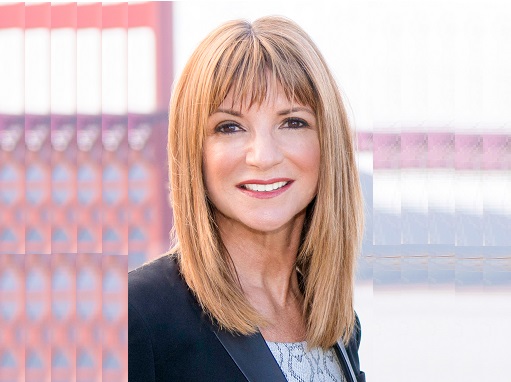

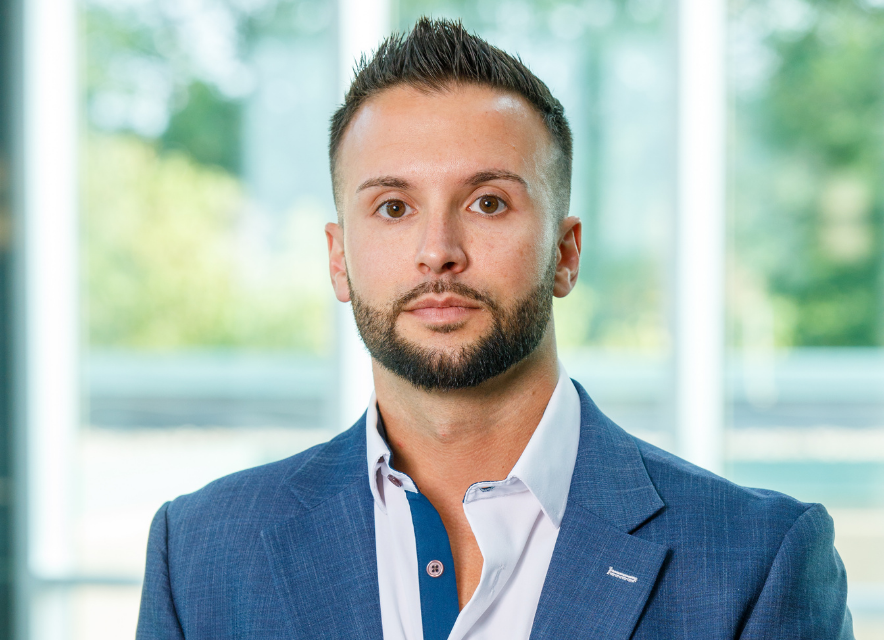
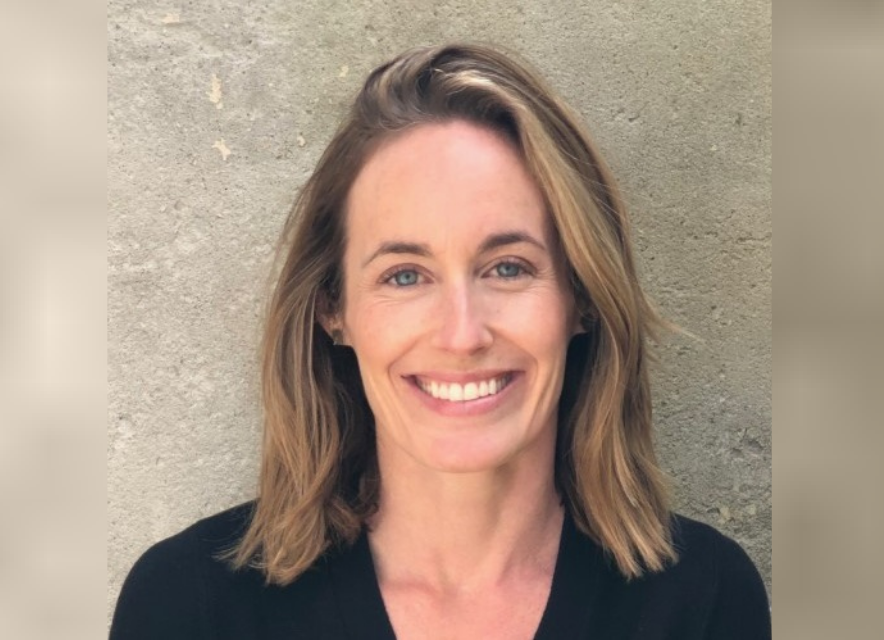
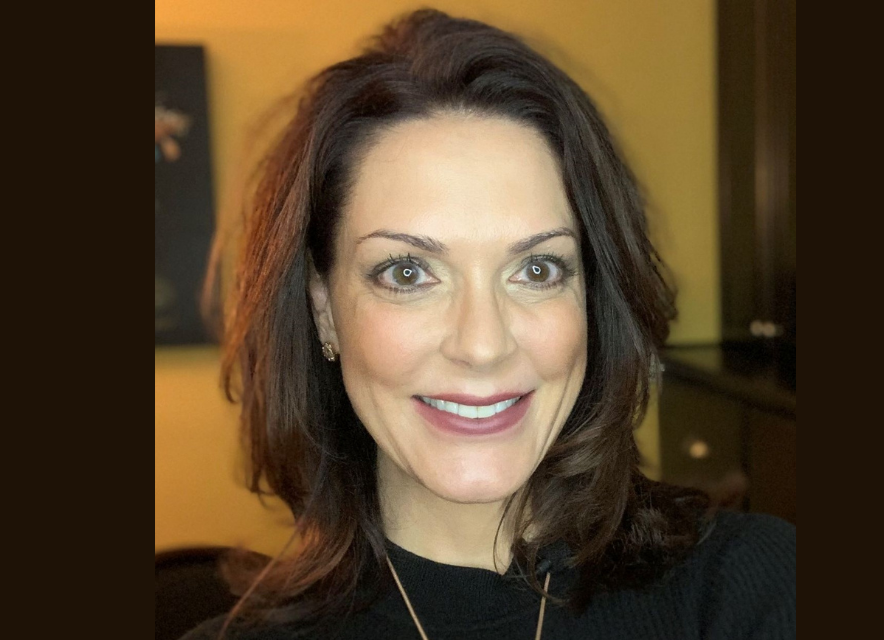

Leave A Comment